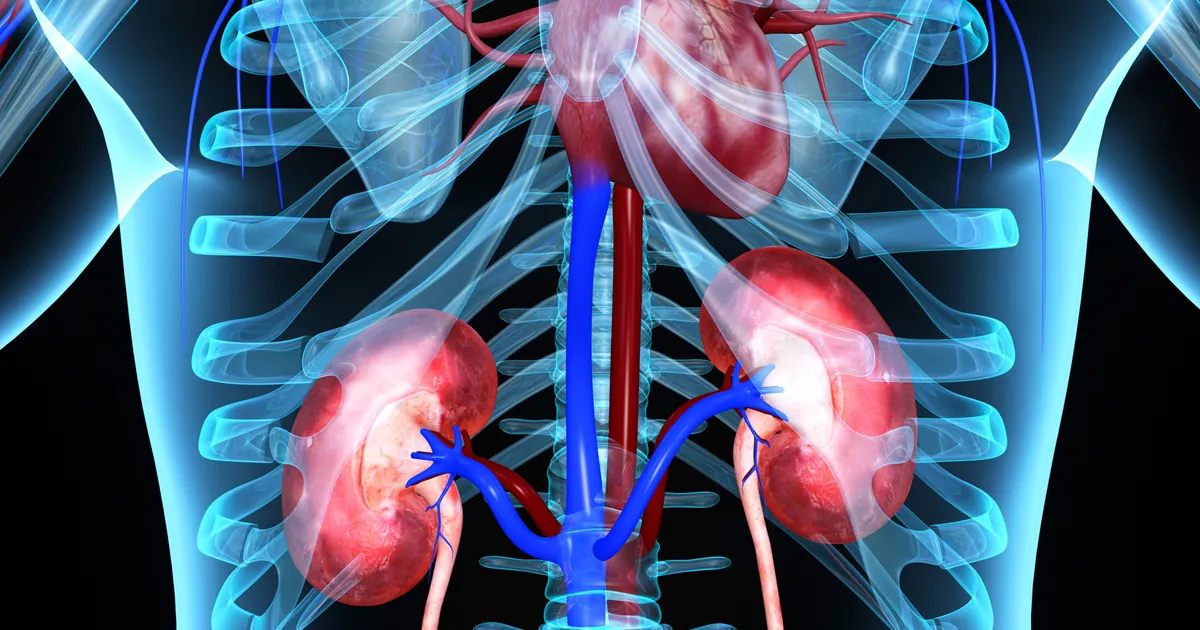Surgical Time
2-4 hours
Anesthesia
General
Recovery
1-3 months
Hospital Stay
3-7 days
Total Stay
2-4 weeks
Back to Work
2-8 months
Kidney Transplant in Iran:
Restoring Renal Health
Kidney transplantation in Iran offers a well-established and highly effective treatment option for individuals suffering from end-stage renal disease (ESRD), also known as kidney failure. This procedure involves replacing damaged kidneys with a healthy kidney from a donor, providing patients with a significant improvement in their quality of life and long-term survival. This comprehensive article delves into the specifics of kidney transplantation in Iran, covering the process from initial evaluation and patient selection to the surgical procedure and the essential post-transplant care required for successful outcomes. We will explore the causes of kidney failure, the evaluation process for transplant candidacy, the types of kidney donation (living and deceased), the surgical techniques employed by skilled Iranian transplant surgeons, and the crucial aspects of post-transplant management, including immunosuppression and lifestyle adjustments. This information aims to provide a thorough understanding of kidney transplantation in Iran for patients and their families navigating this critical healthcare decision.

Understanding Kidney Transplantation
Kidney transplantation is a surgical procedure in which a healthy kidney from a donor is placed into a person whose own kidneys have stopped functioning properly. The kidneys are vital organs that filter waste products and excess fluid from the blood, helping to maintain electrolyte balance and produce hormones. When the kidneys fail, these functions are compromised, leading to a buildup of toxins and fluid in the body, which can be life-threatening. Kidney transplantation offers a chance to restore these functions and improve the patient’s overall health.
Causes of Kidney Failure (End-Stage Renal Disease)
Several conditions can lead to end-stage renal disease (ESRD), necessitating kidney transplantation. Here are some of the most common causes:
Primary Kidney Diseases
These diseases directly affect the kidneys:
- – Diabetes: Diabetic nephropathy is a major cause of kidney failure.
- – Glomerulonephritis: Inflammation of the kidney’s filtering units (glomeruli).
- – Polycystic Kidney Disease (PKD): An inherited disorder causing cysts to grow in the kidneys.
Other Contributing Factors
These conditions can also damage the kidneys over time:
- – High Blood Pressure (Hypertension): Can damage blood vessels in the kidneys.
- – Lupus: An autoimmune disease that can affect various organs, including the kidneys.
- – Blockages in the Urinary Tract: Prolonged obstruction can lead to kidney damage.
Pre-Transplant Evaluation and Patient Selection in Iran
A comprehensive pre-transplant evaluation is essential to determine if a patient is a suitable candidate for kidney transplantation in Iran. This evaluation involves a series of tests and assessments:
Medical Assessments
These assessments evaluate the patient’s overall health and the extent of kidney damage:
- – Medical History and Physical Examination: Gathering information about the patient’s medical history, current symptoms, and overall health.
- – Kidney Function Tests: Blood and urine tests to measure kidney function and waste product levels.
- – Imaging Studies: Ultrasound or CT scans to examine the size and structure of the kidneys.
Additional Evaluations
These tests assess the patient’s suitability for surgery and post-transplant care:
- – Blood Typing and Tissue Matching: To determine compatibility with potential donors.
- – Cardiac Evaluation: Assessing heart health to ensure the patient can tolerate surgery.
- – Infection Screening: Tests for infections that could complicate the transplant.
- – Psychological Evaluation: Assessing the patient’s emotional readiness and ability to adhere to the post-transplant regimen.
- – Social Evaluation: Evaluating the patient’s support system and ability to manage post-transplant care.
The transplant team carefully reviews the results of these evaluations to determine if kidney transplantation is the best treatment option for the patient.
Types of Kidney Donation in Iran
Kidney transplantation in Iran can be performed using kidneys from two types of donors:
Deceased Donor Kidney Transplantation
In this type of transplant:
- – The donor kidney comes from a person who has been declared brain dead.
- – The donor kidney is evaluated for its suitability for transplantation.
- – There may be a waiting list for a deceased donor kidney.
Living Donor Kidney Transplantation
This type of transplant involves:
- – Transplanting a kidney from a living person.
- – Living donors can be related (e.g., family members) or unrelated (e.g., altruistic donors).
- – Living donor transplants often offer shorter waiting times and potentially better long-term outcomes.
The Kidney Transplant Surgery Procedure in Iran
Kidney transplant surgery in Iran is typically performed as follows:
Surgical Steps
The procedure generally involves these steps:
- Anesthesia: The patient receives general anesthesia.
- Incision: The surgeon makes an incision in the abdomen.
- Placement of the New Kidney: The donor kidney is placed in the lower abdomen.
- Connection of Blood Vessels and Ureter: The blood vessels and ureter of the donor kidney are connected to the recipient’s.
- Closure: The incision is closed.
The patient’s own kidneys are usually not removed unless they are causing complications, such as uncontrolled high blood pressure or recurrent infections.
Post-Transplant Care and Recovery in Iran
Post-transplant care is essential for the success of kidney transplantation:
Immediate Post-Surgery Care
This includes:
- Monitoring in the Hospital: Close observation of the patient’s condition and kidney function.
- Immunosuppressant Medications: Medications to prevent the body from rejecting the new kidney (lifelong).
- Preventing Complications: Monitoring for and treating potential complications, such as infection or bleeding.
Long-Term Recovery and Follow-up
This phase involves:
- Regular Check-ups: Frequent visits to the transplant center to monitor kidney function and adjust medications.
- Lifestyle Changes: Adopting a healthy lifestyle, including a balanced diet and regular exercise.
- Medication Management: Taking immunosuppressants as prescribed and managing any side effects.
Outcomes and Survival Rates of Kidney Transplantation
Kidney transplantation has significantly improved the survival and quality of life for patients with ESRD. Long-term survival rates for kidney transplant recipients are generally excellent, and many patients can live long and healthy lives with their new kidney.
Kidney Transplantation in Iran: What to Expect
Iran has established reputable kidney transplant centers with experienced medical teams and modern facilities. Both deceased and living donor kidney transplants are performed, providing a valuable treatment option for patients in Iran and internationally.
Cost Considerations for Kidney Transplant in Iran
The cost of kidney transplantation can vary depending on factors such as the specific hospital, the length of hospital stay, and any complications that may occur. Compared to some Western countries, kidney transplantation in Iran may be more cost-effective.
Choosing a Kidney Transplant Center in Iran
When considering kidney transplantation in Iran, it is important to select a transplant center that offers:
Key Factors to Consider
- Experienced Transplant Team: Skilled surgeons, nephrologists, nurses, and other healthcare professionals.
- Comprehensive Care: A program that provides thorough pre- and post-transplant care.
- Good Outcomes: A track record of successful transplants and positive patient outcomes.
- Advanced Facilities: A well-equipped hospital with modern technology.
Conclusion
Kidney transplantation in Iran offers a proven and effective treatment for individuals with end-stage renal disease. The expertise of Iranian nephrologists and transplant surgeons, combined with advanced medical facilities and a commitment to patient-centered care, positions Iran as a reputable destination for kidney transplantation. Understanding the intricacies of the procedure and the comprehensive support available empowers patients to approach this life-changing treatment with confidence and hope.
